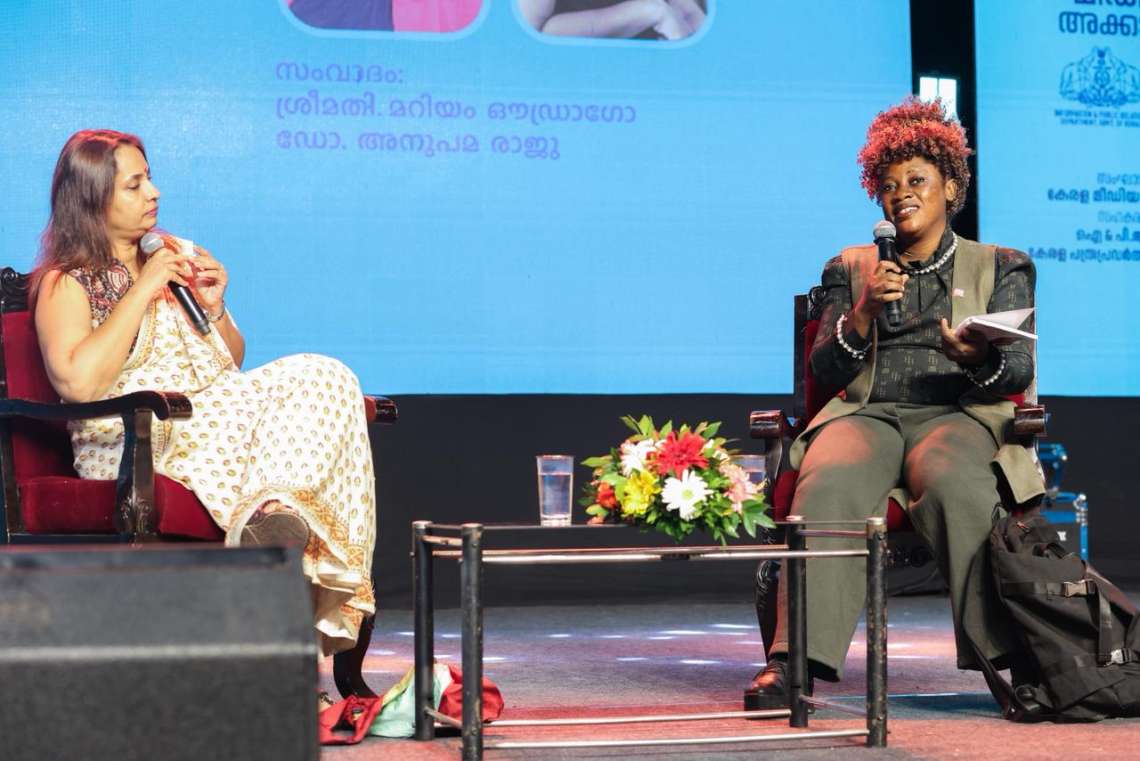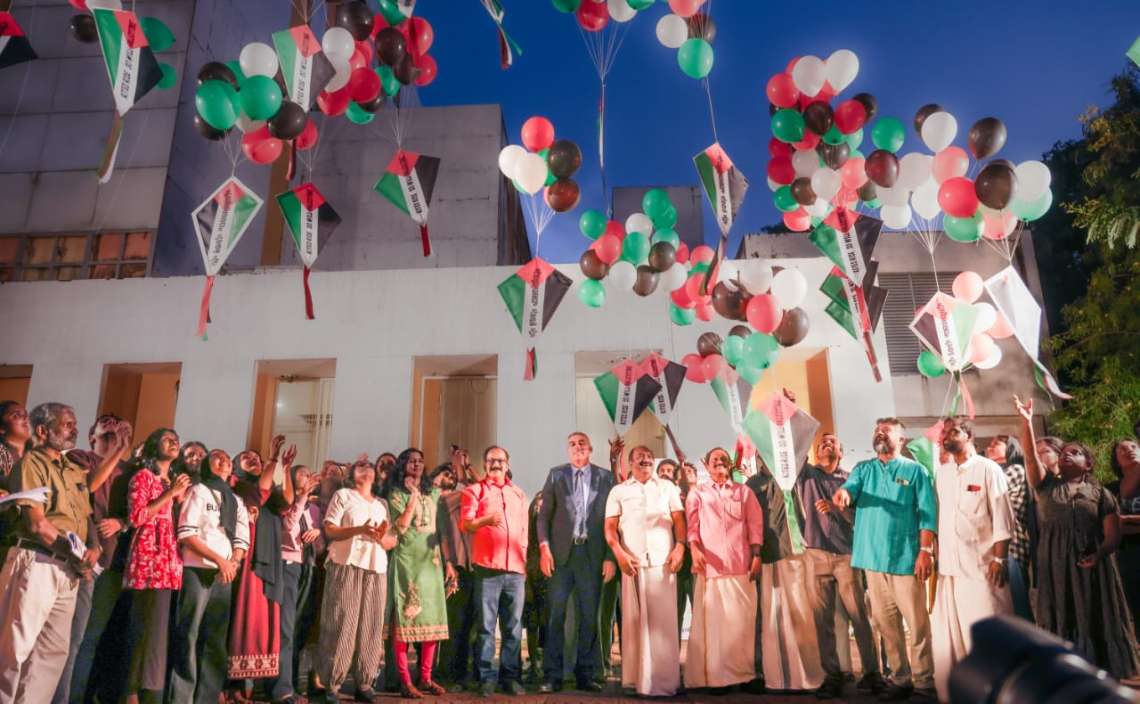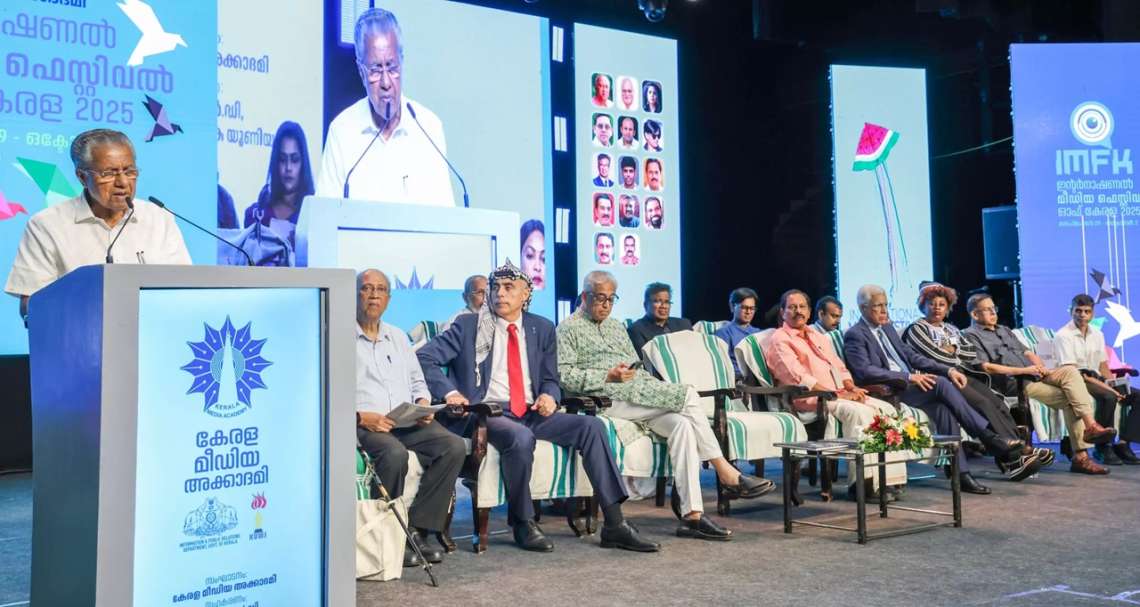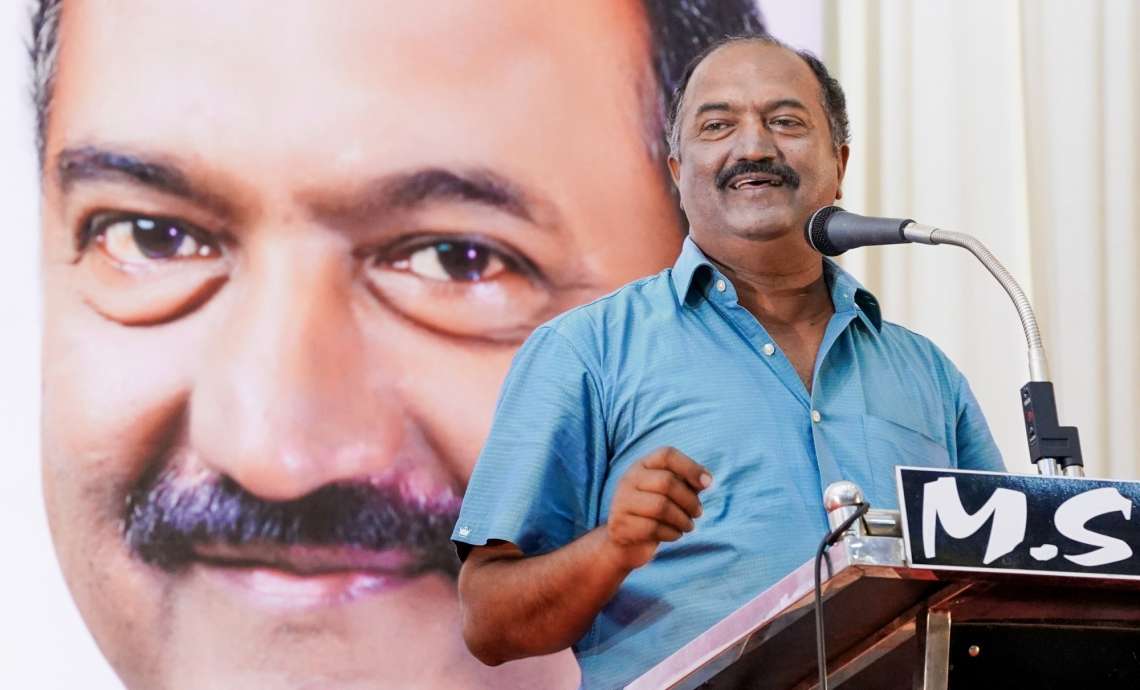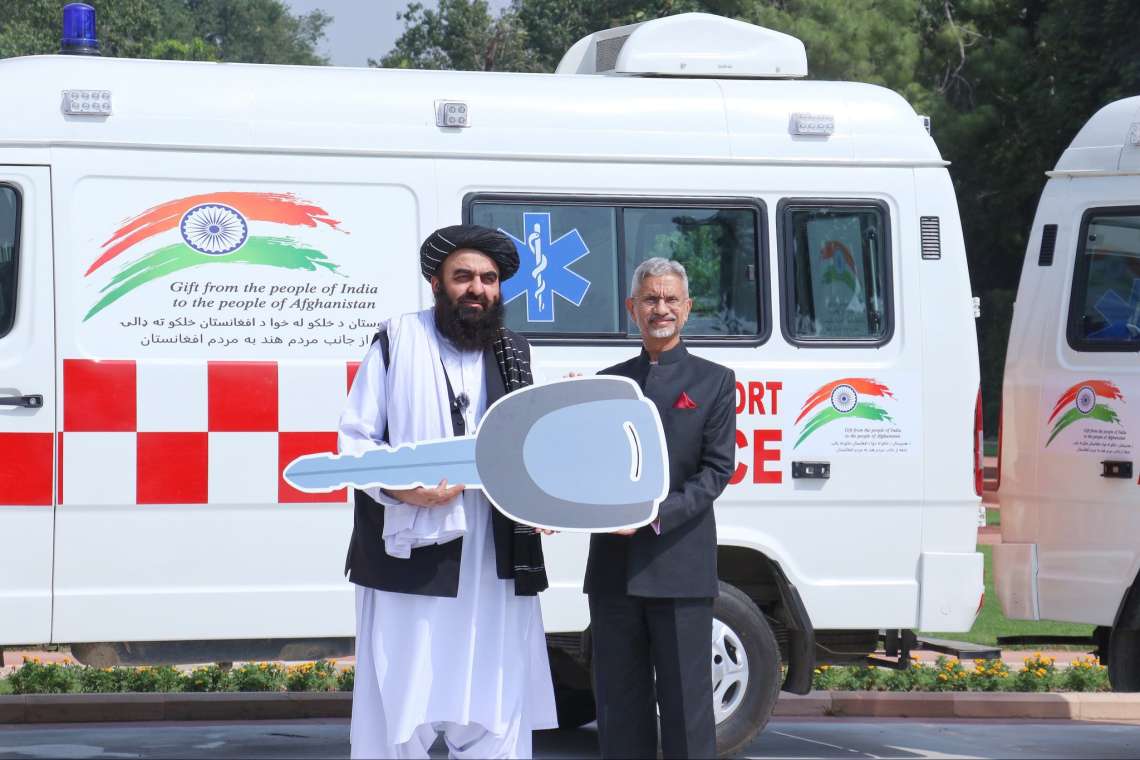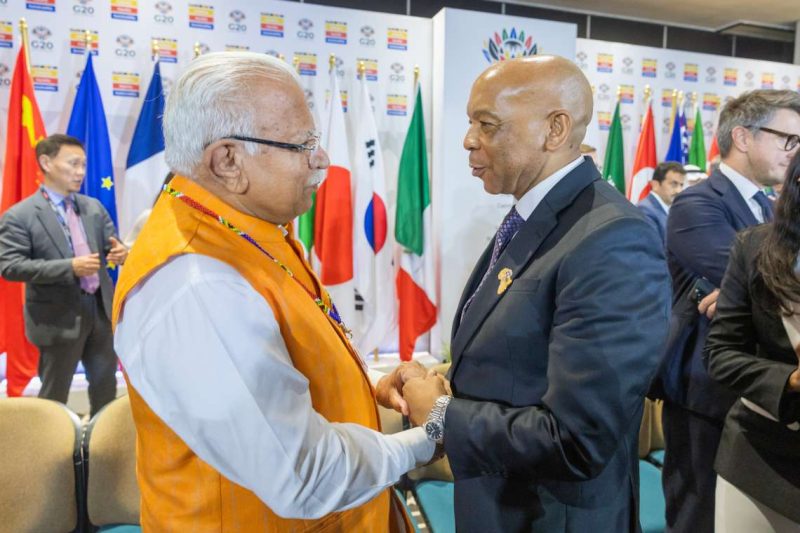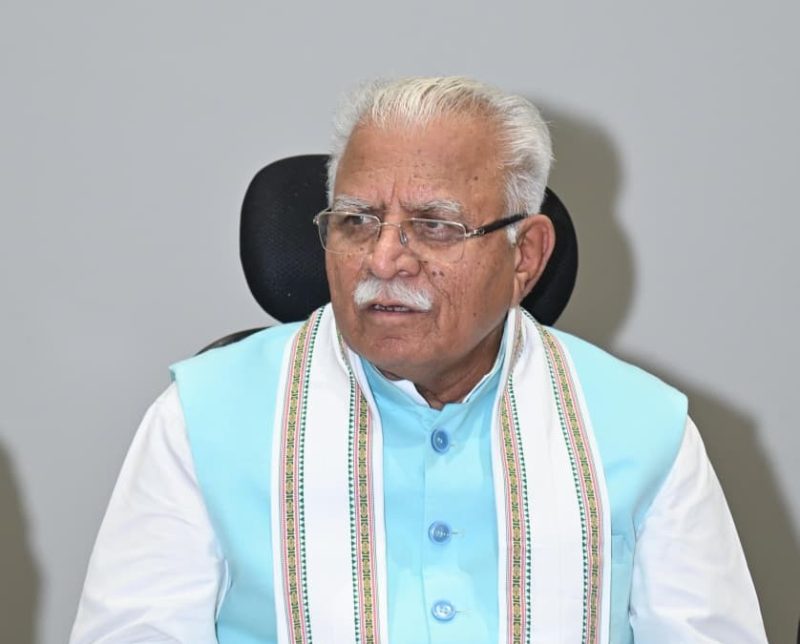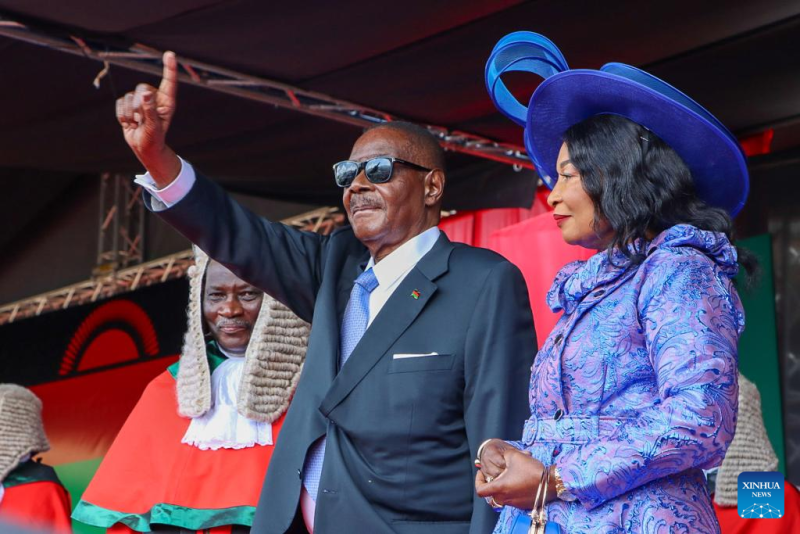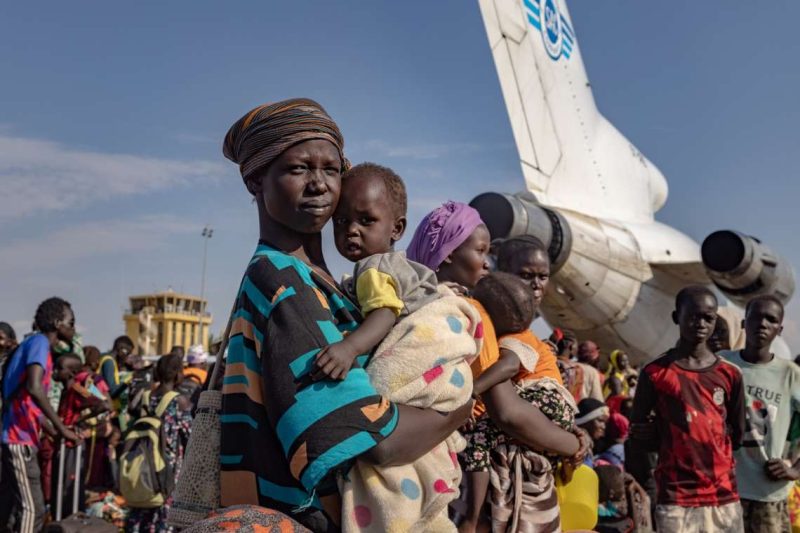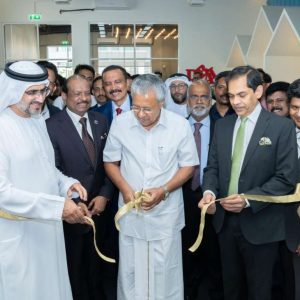As a mother, Mariam believes that being a woman is not a professional handicap but an asset in journalism, particularly when covering sensitive subjects, as victims are often more trusting of women
Mariam Ouédraogo is a transformative figure in global journalism, a fearless reporter from Burkina Faso whose relentless commitment to truth has made her an international symbol of courage. Through powerful investigative work, she has become a dedicated voice for those who cannot speak for themselves, especially women and children affected by terrorism and internal conflict in the Sahel region.
Mariam was born in neighboring Côte d’Ivoire into a large, polygamous family of West Africa. Her path into journalism was defined by initial setbacks and fierce determination. After initially failing the entrance exam for the ISTIC, she began her career in 2008 as an intern at the press agency Agence d’Information du Burkina. This early challenge only fueled her ambition; she later returned to school in 2011 to formalize her training, demonstrating the resilience that would later define her reporting.
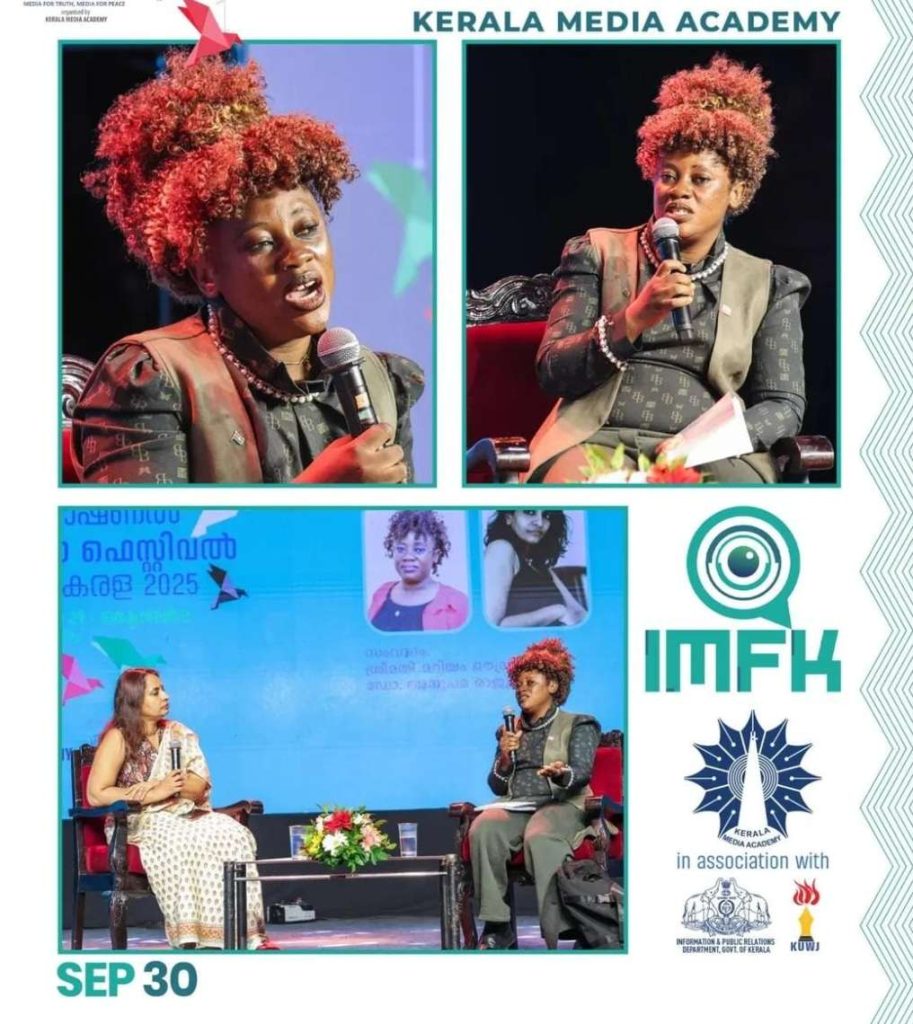
Currently working with Sidwaya, a major Burkinabe national daily newspaper, Mariam has established herself as a leading figure in investigative journalism in Africa. Her work is driven not by the pursuit of accolades, but by an unwavering empathy for the victims of human rights abuses. She deliberately focuses on subjects that mainstream media often overlooks, dedicating her pen to defending the most disadvantaged and vulnerable people.
Her core area of interest is the devastating impact of conflict on civilians, with a particular focus on exposing sexual violence and human rights abuses in regions ravaged by terrorism and internal conflict. Mariam plunges into the heart of human suffering, meticulously documenting the difficult lives of internally displaced women, survivors of sexual assault, and children born from violence.
Two of her most recognized reports illustrate her impactful style: Axe Dablo-Kaya : la route de l’enfer des femmes déplacées internes (From Dablo to Kaya: the road to hell for internally displaced women) and Victimes de viol terroristes : des grossesses et des bébés lourds à porter (Terrorist rape victims: pregnancies and babies – a heavy burden to bear). Her reporting on these deeply personal and emotional stories acts as a catalyst for social and political change, often compelling authorities to intervene. Her work has led to tangible improvements, including government actions to relocate vulnerable populations to safer environments. Mariam has built strong, familial links with the internally displaced women, viewing herself as an integral part of their community and their spokesperson.
The impact of Mariam’s tireless work, often conducted in dangerous conditions, has garnered her significant national and international recognition. With a total of 21 awards to her name, she has become a leading figure in African journalism, her distinctions reinforcing her reputation as a courageous and determined journalist. Her most prestigious international achievements include:
Knight International Journalism Award (2023): This highly respected award recognized her outstanding journalism with a far-reaching impact, Bayeux Calvados-Normandie Prize for war correspondents (2022): Mariam made history by becoming the first African woman to win this distinguished prize for war reporting, Mohamed Maïga African Investigative Journalism Award: Honoring her commitment to human rights, the environment, and access to information, Kerala Media Academy’s Media Person of the Year Award: Acknowledging her fight against state terrorism and her brave reporting.Domestically, her excellence is equally acknowledged. She has won the Prix Galian for best investigation (2020), the Anti-Corruption Prize of the Réseau national de lutte anti-corruption (REN-LAC) (2019), and for three consecutive years, the Prix Marie-Soleil-Frère for the best Burkinabe journalist (2023).
Despite her unwavering determination, working in conflict zones and being constantly exposed to traumatic experiences has taken a heavy psychological toll. Mariam has openly shared her struggles with post-traumatic stress disorder (PTSD). Her doctor advised her to distance herself from the victims to protect her health, but her deep connection to the displaced women remains unbreakable—she views them as “part of me.” She continues to urge young journalists to protect their mental health, deal with social issues, and above all, be honest.
As a mother, Mariam believes that being a woman is not a professional handicap but an asset in journalism, particularly when covering sensitive subjects, as victims are often more trusting of women. With her natural, tightly coiled hair, a symbol of freedom and self-affirmation, Mariam Ouédraogo continues to inspire journalists and humanitarians around the world. Her work is more than a record of trauma; it is a testament to the resilience of those often overlooked and a powerful demand for justice, solidifying her essential role in defending human rights through the power of storytelling.


